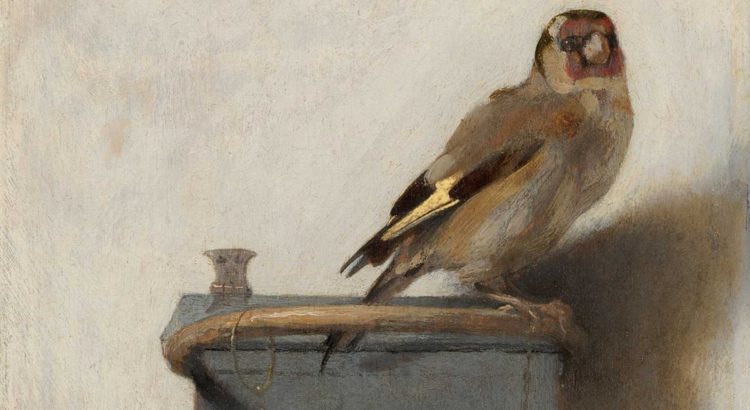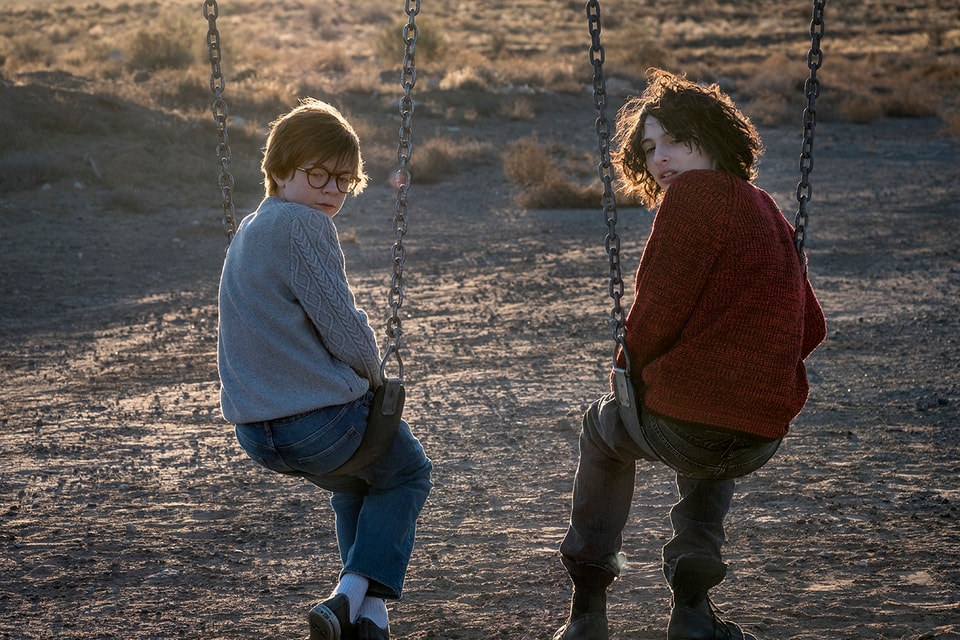I fell in love with The Goldfinch by Donna Tartt this summer. I’ve said this many times after reading her first and cult favorite novel, The Secret History: that I am convinced Donna Tartt is the best novelist of our time, if not only my favorite. The intricacy of her genius is mind-blowing. The Goldfinch has every Fareah-esque theme a book could possibly have: large, sprawling, ambitious plots, a character we see grow and mature and break, glittering prose, an attention to the everyday, philosophical underpinnings, an incredible (!) best friend figure, unrequited love (not essential, but definitely a perk). I love The Goldfinch so much. I’ve reread some of the passages religiously.
The story follows Theo, a bright and thoughtful young boy who loses his mother to an attack in an art museum in New York City. In his fervor, he takes a painting with him: Fabritius’ The Goldfinch. We follow him throughout his life, the secret possession of this painting threading its way through every milestone. The story is about a lot of things: love for objects, for art, for people; a search for meaning and value, and sometimes the crushing absence of meaning and value. It is a stirring and riveting story.
The narrative of the book is inexplicably tied with words, with prose, with life given form by language. It’s essentially part of the logic of the story, the central thrumming aesthetic question. Without the craft of language, the narrative seems lacking. I used to be a book purist– someone who believed that books were always better than their movie counterparts. I don’t believe this anymore, because I think that movies and books are two essentially different modes of storytelling, and so a movie adaption must be judged differently than the book. This being said, however, my heart still flinches at the injustice inflicted upon many a good book by horrific and painfully bad movie adaptations. The fact that The Goldfinch relied on language as an essential part of the structure of the narrative and in the history of Hollywood movies with bestsellers, I was incredibly weary of the film adaption. This, I believed, was one of the kinds of stories that movies could not capture.
I went to the film with my friend who had not read the book. It was a nearly three-hour movie, dense and rich with images and motivations, trying too hard to encapsulate the plot of intricately woven nearly thousand-page novel. It is almost adorably endearing to me that any filmmaker would even attempt to grapple with the magnitude of this novel. It’s uncontainable! I wonder how Donna Tartt does it herself! Three hours is not enough! The psychologies of the characters are too complex, the relationship too deep, the philosophical underpinnings too expansive to capture in the form of film. Perhaps it is unfair of me to say this, and perhaps I am being unfair to the form itself, but they were much too ambitious. I think the film would have worked much better if they had focused on a particular aspect of Theo’s life and developed that carefully rather than trying to explain his relationship with Pippa, and Boris, and Hobie, and Mrs. Barbour, and Kitsey, and drugs, and artwork, and depression, etc etc. Choose one! You don’t have enough time!
Thus, in my opinion, the movie feels like a dilution of plot points, racing to the end. I cannot imagine the movie being successful as a standalone; without the book, it withers. Moreover, the images feel artificial to me, too constructed, and obviously symbolic– all in the varnish of a blockbuster-type style with oversaturated gray skies and all-brown and gray tones. I’m not entirely sure how to explain this, probably because I don’t have the proper film vocabulary, but it felt to me like the images were trying too hard to mean something. I would have liked it to all be scaled back, broken down into the elements of its true nature; not glamorized and made larger-than-life. I felt like I was watching a fantasy, like Harry Potter– and this was, intuitively, the wrong feeling for the story.
My friend, who had not read the book, loved the movie very much, so perhaps this review is irrevocably restrained by my opinion. However, I did love that the movie reminded me more of my love for the book; when I got home, I sat down on the floor of my apartment with our dim lights while my roommates slept and re-read my favorite passages. If it could do that– spark joy and love, and remind me of what I loved– I am still grateful.


/cdn.vox-cdn.com/uploads/chorus_image/image/65222820/goldfinch1.0.jpg)


